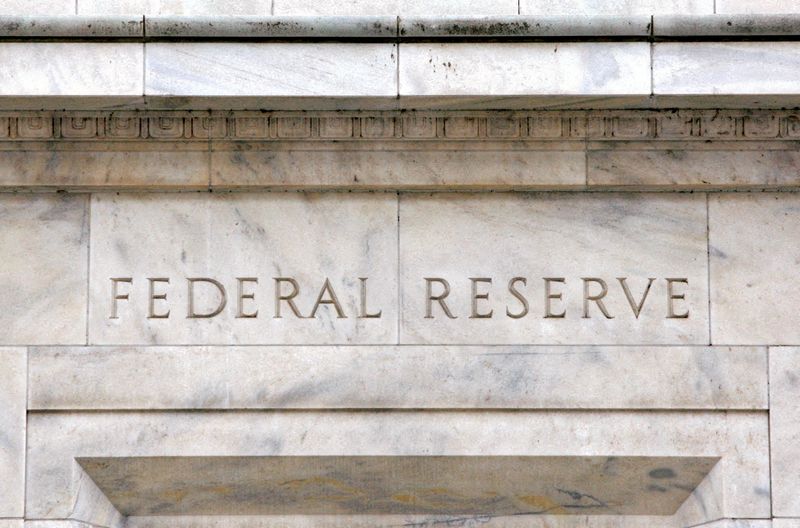By Paritosh Bansal
(Reuters) -Having navigated the financial crisis of 2008, Neel Kashkari worries about systemic risks. But now, as a U.S. monetary policymaker, he worries even more about inflation.
"I think if I had to err, I would err on being a little bit too aggressive in terms of bringing inflation down,” the president of the Federal Reserve Bank of Minneapolis told Reuters last week.
Surprised by the persistence of inflation in the face of the fastest rate hike cycle since the 1980s, Kashkari and some other Fed officials have turned up the heat again in recent days, with a hawkish outlook on interest rates.
In doing so, they may also be inadvertently setting the stage for the next market crisis and Fed intervention, in turn, undercutting the bank's policy tightening to fight inflation.
So the Fed's attempt to guide the economy to a so-called "soft landing" while preserving financial stability is instead increasing the odds that it will either be a crash landing or a longer, more turbulent glide path to the ground.
"They're a little bit in a situation where they're damned if they do, and damned if they don't," said Raghuram Rajan, the former Indian central bank governor and finance professor at Chicago Booth. "If they do raise short-term policy rates, clearly, at some point, something more breaks.”
The probability of a soft landing? "Very small," Rajan said.
The Fed declined to comment.
Over the past year rapidly rising interest rates after more than decade of ultra-cheap money have exposed risky bets and bad business models.
Stress has flared up in different parts of the global financial system, from the bursting of the crypto bubble a year ago to turbulence in the U.S. regional banking sector in March.
While it is not clear where the next storm would hit markets, the potential sources of vulnerability are many, from commercial real estate to money market funds.
THREADING A NEEDLE
Markets have settled down since the worst of the banking upheaval receded. Signs that the economy remains resilient also have more investors betting the Fed could bring inflation down without causing too much economic pain or instability.
Earlier this month, Chairman Jay Powell said the Fed's monetary policy and financial stability tools were "working well together," allowing it to support banks and pursue price stability.
But several people in the market believe not only is the regional banking sector still under stress, multiple other risks to financial stability also remain.
Tighter monetary policy could well cause them to blow up or worsen the impact of other shocks, such as debt ceiling negotiations. Those flare ups could force more interventions, partially offsetting tighter policy.
"The Fed has no desire to conduct monetary policy through financial crises," said Wendy Edelberg, director of The Hamilton Project at the Brookings Institution. "And so they have to thread a needle if they see their actions creating crises. Then they need to mitigate that."
MANY RISKS
In the aftermath of the run on Silicon Valley Bank (SVB) in March, the Fed had to step in with tens of billions of dollars of emergency support to the banking system. Some argue that in effect countered its moves to tighten policy.
"The market is confused as to whether the Fed is tightening or easing,” said James Tabacchi, chief executive of broker-dealer South Street Securities. "We try to follow what they're going to do. And right now, the market doesn't know which Fed to follow."
Systemic shocks could come from both known and unexpected avenues. In its most recent financial stability report earlier this month, the Fed listed several areas of concern, including life insurance and some types of bond and loan funds.

The Minneapolis Fed's Kashkari pointed to private markets, where although many experts expect risk to be limited, lack of transparency means that officials do not fully understand the extent of debt-fueled bets that have been taken. It is also not always clear how financial institutions are interconnected.
"There's a lot of complexity out there that we don't have great visibility into," Kashkari said. "That unfortunately may not get revealed until there is a real problem."